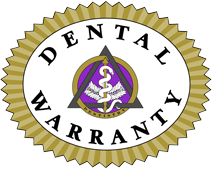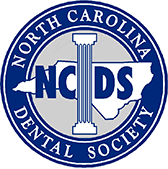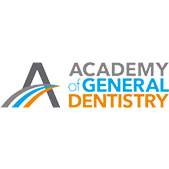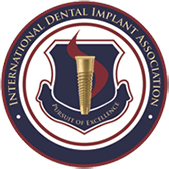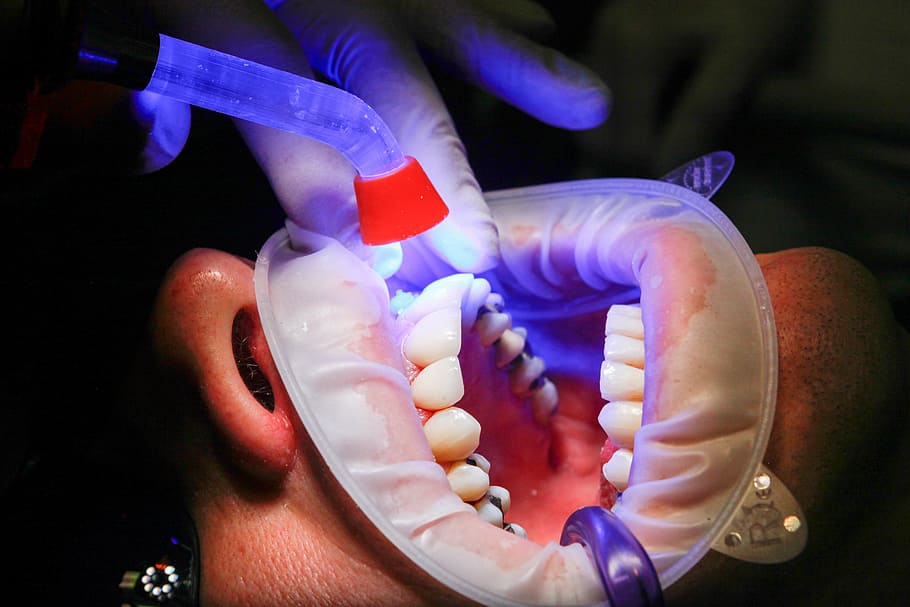
Maintaining good oral health and staying free of dental cavities is vital for a healthy and happy life. Unfortunately, tooth decay, a sneaky disease affecting billions of people worldwide, remains a prevalent oral health issue. However, thanks to advancements in dental technology, dentists now have access to innovative tools and techniques that revolutionize the treatment of tooth decay.
At Modern Family Dental Care, we specialize in tooth decay treatment with dental technology near the University area in Charlotte and Concord Mills, NC. As a result, we’ve created this post to show you the importance of dental technology when treating tooth decay and how technology has revolutionized modern dentistry.
What Is Dental Technology?
Dental technology refers to the application of various scientific and technological advancements in the field of dentistry. It involves using specialized tools, equipment, and techniques to efficiently provide preventative, restorative, and cosmetic dental care. It also involves implementing scientific and technological advancements to reduce pain, improve patients’ diagnoses, treatment, comfort, and dental experience, and achieve more accurate results.
Dental technology encompasses many areas, including digital imaging, computer-aided design and manufacturing (CAD/CAM), dental materials, dental implants, lasers, and more. It allows dentists to bypass stressful and time-consuming conventional treatment procedures and provide a more efficient approach to dental treatment.
How & Why Do Early Cavities Develop?
Tooth decay (also known as dental caries or cavities) is a sneaky disease that develops through a complex process involving various factors, which include:
Bacterial Activity
Bacteria are naturally present in the mouth, and some types of bacteria, particularly Streptococcus mutans, play a significant role in dental cavity development. These bacteria thrive on sugars and carbohydrates in our food and produce acid as a byproduct when they digest them.
Plaque Formation
Due to bacterial activities in the mouth, a sticky film called plaque forms on the teeth. Plaque contains bacteria, food particles, and saliva. It adheres to the tooth surface, especially in areas that are difficult to clean via tooth brushings, such as the grooves and pits on the teeth’s chewing surfaces and the gaps between teeth.
Acid Attack
When plaque is allowed to sit on the teeth, the acid produced by the bacteria will start eroding the protective enamel layer and weakening it.
Demineralization
Acidic conditions cause demineralization of the enamel. As a result, minerals, primarily calcium and phosphate, leach out of the tooth structure, making it softer and more vulnerable to decay.
Cavity Formation
As demineralization progresses, the softened enamel becomes porous and begins to break down, creating small holes or openings known as cavities.
The Benefits Of Our Dental Technology for Tooth Decay Treatment Near the University area in Charlotte, and Concord Mills, NC
Early Detection and Diagnosis
Early cavities can be difficult to spot as they do not usually come with painful or noticeable symptoms until they reach the advanced stage. Moreover, traditional dental examination methods rely on manual inspection, which limits its ability to identify dental decay in its earliest stages. As a result, you may be tempted to ignore and put off going to the dentist.
Unfortunately, postponing the treatment of early cavities comes with a price. Tooth decay doesn’t repair itself, and what starts as a minor problem can quickly become serious, dramatically changing your treatment options.
Thankfully, with technologies like digital imaging and digital X-rays, our Concord and Charlotte dentists, Dr. Taj Haynes and Dr. Pernell Rogers can detect and diagnose cavities even before they become visible to the naked eye. Early detection allows for prompt intervention, preventing further decay and potentially saving the tooth from extensive damage or tooth extraction, thereby reducing the need for invasive treatments.
Improved Diagnostics, Treatments, and Patient Comfort
Advanced imaging techniques, such as cone beam computed tomography (CBCT) and intraoral camera, provide detailed images of the teeth and surrounding structures. This allows your dentist to accurately diagnose the extent of tooth decay, identify hidden cavities and plaque deposits, and plan precise treatment strategies that are often minimally invasive and more comfortable for patients.
Dental technology also improved cavities treatment efficiency by eliminating uncomfortable and inefficient traditional techniques and providing patients with precise dental restoration options. For instance, your dentists can painlessly remove a damaged tooth or extensive decay and precisely fabricate dental restorations like dental implants, crowns, inlays, and onlays, thanks to general anesthesia, digital impression, and digital imaging technology.
Improved Materials and Techniques
Dental technology has led to the development of improved materials and techniques for treating and preventing tooth decay. For example, dental sealants are thin plastic coatings that can be applied to the chewing surfaces of molars to protect them from decay.
In the past, amalgam fillings were commonly used, which were aesthetically unappealing and contained mercury. However, ceramic and tooth-colored composite resin fillings now offer a more aesthetically pleasing alternative. Unlike traditional silver amalgam, these materials blend seamlessly with the natural tooth color, providing functional and cosmetic benefits.
Improved Patient Education and Communication
In the past, patients relied on dentists to verbally explain their dental conditions and treatment options. However, with the advent of digital imaging, intraoral cameras, and chairside computer monitors, dentists can now visually show patients their oral health issues, simplifying complex concepts and improving treatment comprehension. In addition, this enhanced communication empowers patients to actively participate in their dental care decisions, leading to better oral health outcomes and overall patient satisfaction and dental experience.
Types of Dental Technology Used At Modern Family Dental Care
Modern Family Dental Care is dedicated to delivering painless and highly effective dental care that efficiently treats tooth decay within a minimal timeframe. Our commitment to excellence has led us to embrace cutting-edge dental technology, revolutionizing our operations. Below are some of the advanced dental technologies we employ at our practice:
Soft Tissue Laser
Our soft tissue laser has revolutionized dental procedures, including gum disease and tooth decay treatment. Laser technology allows our dentist to precisely remove decayed tissue while minimizing damage to the surrounding healthy tooth structure. In addition, the treatment is often more comfortable for patients, as it can reduce pain, bleeding, and the need for anesthesia.
Intraoral Camera
Enhancing the quality of your tooth decay treatment relies on obtaining a good and clear view of your mouth. Our state-of-the-art intraoral cameras enable our dentists to access and visualize those hard-to-reach areas within your mouth. This advanced technology empowers us to concentrate on identifying and addressing your specific tooth decay concerns, allowing us to develop a tailored treatment plan that suits your needs.
Digital Dental X-rays
Digital radiography lets us detect tooth decay and other dental issues by capturing detailed images of your mouth and teeth using computerized software and equipment. One of the dental X-ray techniques we use is the Cone Beam 3D CT scan. This dental technology allows us to see your jaw in 3D to properly diagnose tooth decay, determine your suitability for dental implant surgery, and diagnose conditions other X-rays techniques did not show. Moreover, since we use digital sensors, our dental X-rays are quick, painless, non-invasive, and emit less radiation than traditional dental X-rays.
Power Whitening
Power whitening is an amazing technology that allows our patients to achieve the bright and beautiful white smile they deserve in a single dental appointment. It involves the use of whitening gel and a special light to remove stains and discolorations as well as plaque and tartar, contributing to tooth decay, thus brightening up your smile.
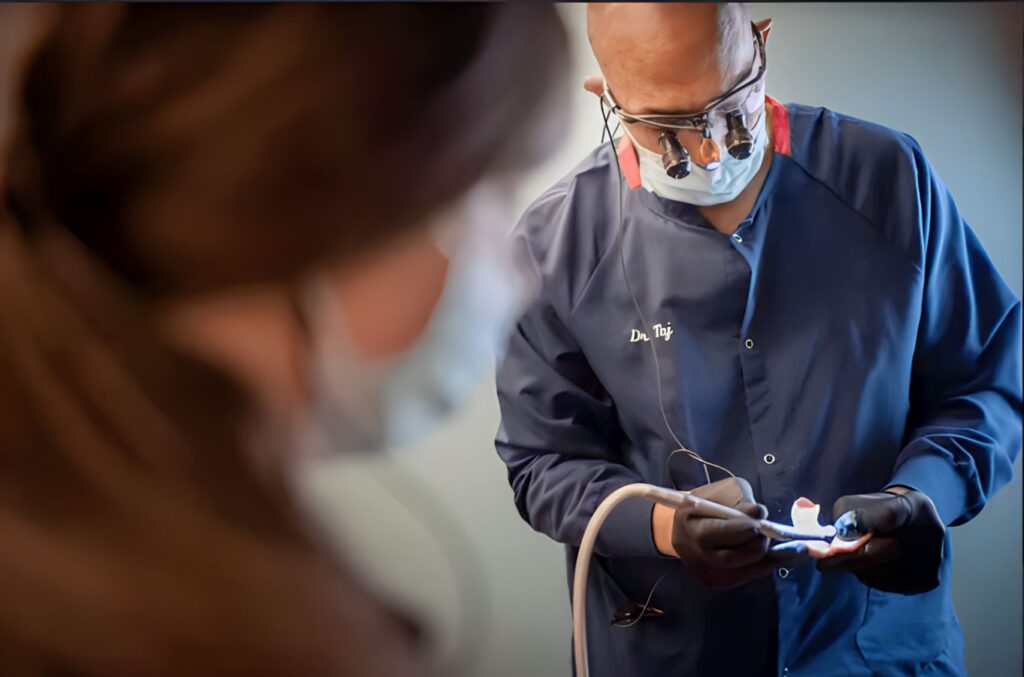
Detect and Fix Early Tooth Decay With Dental Technology Near the University Area in Charlotte and Concord Mills, NC
We at Modern Family Dental Care offer tooth decay treatment with dental technology near the University area in Charlotte and Concord Mills, NC. Our skilled dental team, spearheaded by Dr. Taj Haynes, is proficient in utilizing these cutting-edge technologies to detect and fix early cavities before they become severe and need more extensive or invasive treatment. Even if you have extensive tooth decay, we are well-versed in using our dental technologies to provide efficient treatment and deliver exceptional care.
Take a proactive step towards restoring your dental health. Schedule an appointment or visit our dental offices near the University area in Charlotte and Concord Mills today and discover the benefits of our advanced, progressive, and clinically validated dental technology in effectively treating your tooth decay and other dental issues.

